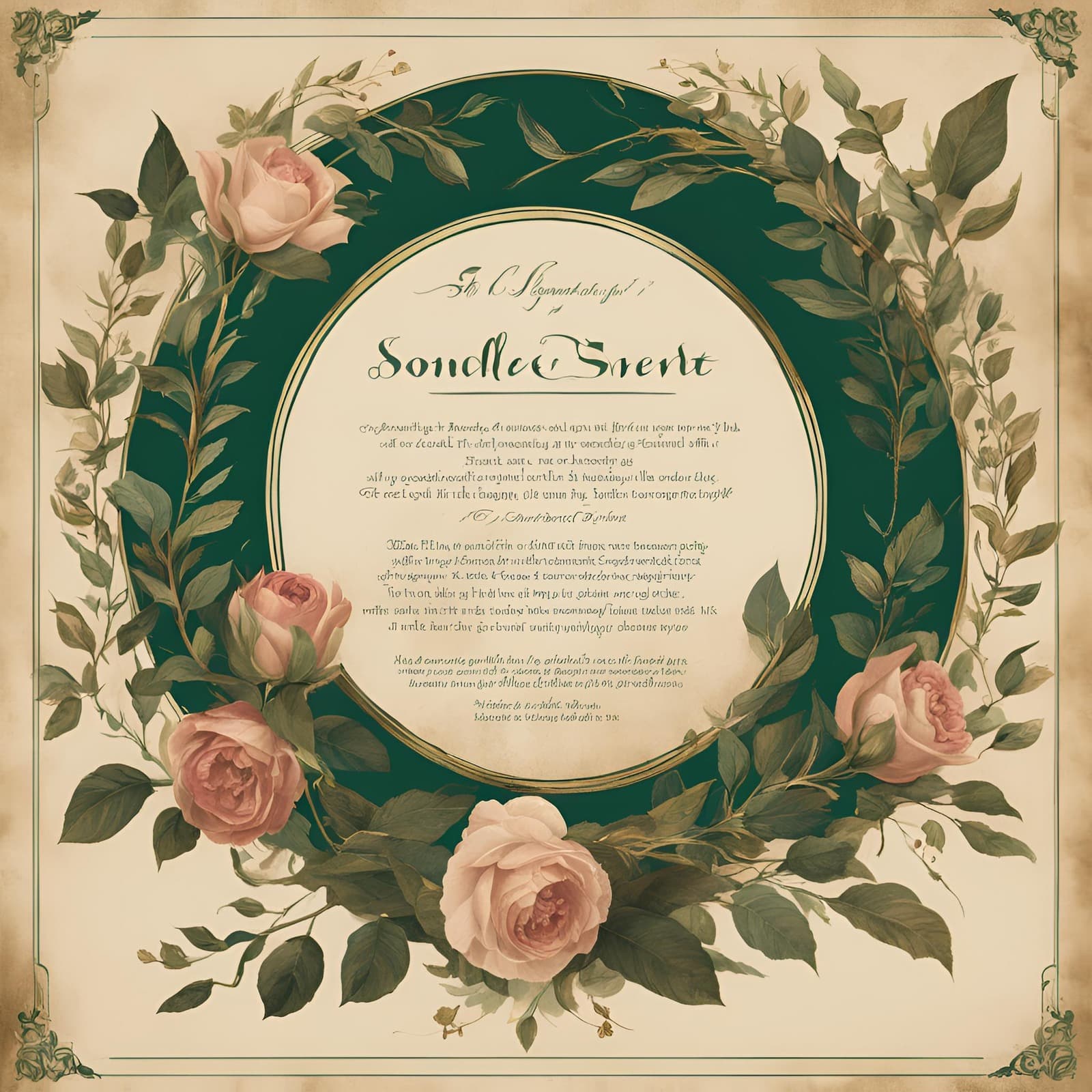莎士比亚十四行诗第29首 | 莎士比亚十四行诗
更新时间:1/19/2025, 12:32:26 PM

原文
When, in disgrace with fortune and men’s eyes, I all alone beweep my outcast state And trouble deaf heaven with my bootless cries And look upon myself and curse my fate, Wishing me like to one more rich in hope, Featured like him, like him with friends possess’d, Desiring this man’s art and that man’s scope, With what I most enjoy contented least; Yet in these thoughts myself almost despising, Haply I think on thee, and then my state, Like to the lark at break of day arising From sullen earth, sings hymns at heaven’s gate; For thy sweet love remember’d such wealth brings That then I scorn to change my state with kings.
译文
我一旦失去了幸福,又遭人白眼,
就独自哭泣,怨人家把我抛弃,
白白地用哭喊来麻烦聋耳的苍天,
又看看自己,只痛恨时运不济,
愿自己像人家那样;或前程远大,
或一表人才,或胜友如云广交谊,
想有这人的见识,那人的才华,
于自己平素最得意的,倒最不满意;
但在这几乎是自轻自贱的思绪里,
我偶尔想到了你呵,——我的心怀
顿时像破晓的云雀从阴郁的大地
冲上了天门,歌唱起赞美诗来;
我怀着你的厚爱,如获至宝,
教我不屑把处境跟帝王对调。
注释
正在怨天尤人之际,诗人忽而想到他所爱的人,他就一切都满足了,像云雀般唱起欢乐之歌来。这是一首歌颂友谊的绝唱,是莎士比亚最脍炙人口的诗作之一。莎士比亚当过伶人,在那时,社会地位卑微,人格受轻视,诗的前半部分怨天尤人,该是他的切身感受。从第十行起,调门急转直上,直达欢乐的高峰,关键在诗人想起了他的挚友的爱(友谊)。最后一行把友谊提到至高无上的地位,这在世界诗歌中也是极为罕见的。